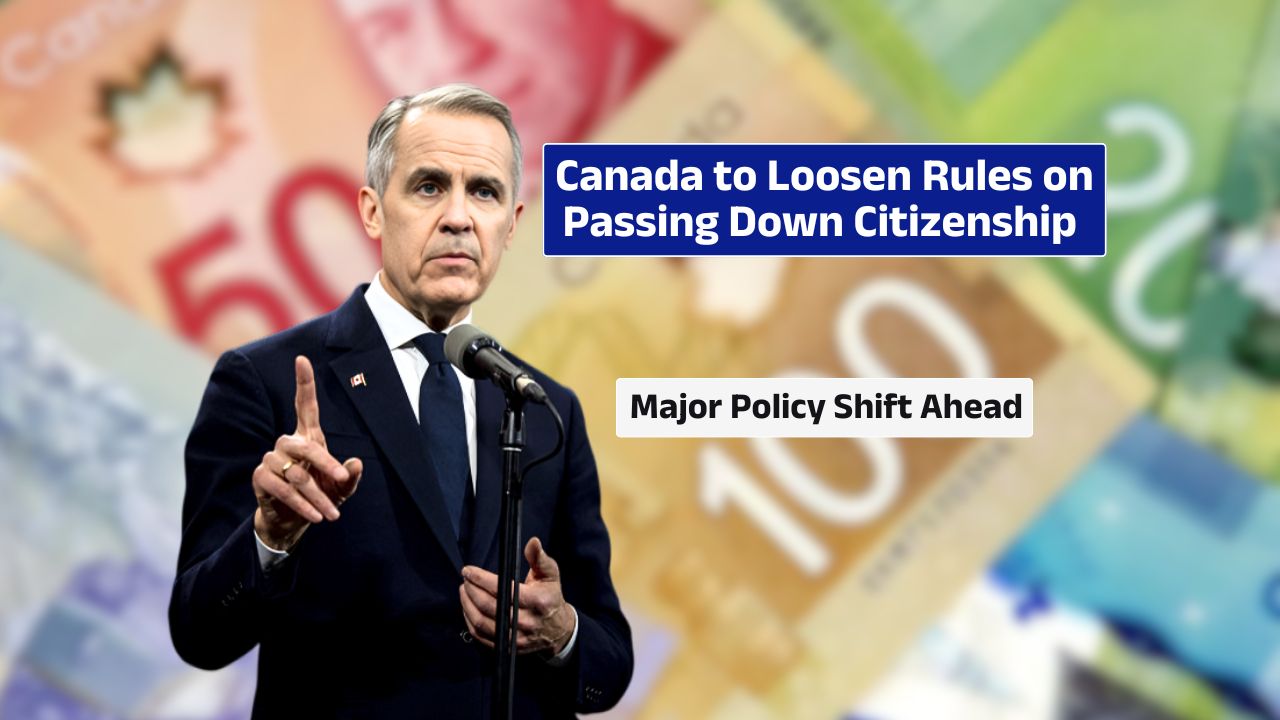Canada is moving toward a major change in how citizenship is passed to children born abroad. The newly proposed Bill C-3 aims to eliminate barriers that have long restricted children of Canadian parents—especially those born outside of Canada—from automatically receiving Canadian citizenship. This shift will help thousands of families finally resolve their citizenship struggles.
Let’s break down what the current law says, what changes are coming, and who will benefit.
Table of Contents
Background
Since 2009, Canadian citizenship law has enforced what’s called the first-generation limit. According to this rule:
- Only those born in Canada or naturalized can pass citizenship to foreign-born children
- Canadians born outside Canada cannot pass citizenship to their children if those children are also born abroad
While the intent was to preserve a strong connection to Canada, it has excluded many children from Canadian citizenship—even if their family roots are deeply Canadian.
Lost Canadians
The term “Lost Canadians” refers to people who were denied citizenship or had it revoked because of outdated laws. Some were affected by:
- Technicalities in older citizenship rules
- The first-generation limit
- Inability to pass on citizenship to their children despite having strong family ties to Canada
Amendments in 2009 and 2015 helped about 20,000 people regain citizenship, but many more were left out. Bill C-3 is designed to address this issue fully.
Changes
Bill C-3 proposes two major reforms:
- Automatic citizenship for previously excluded people
Anyone who would have been eligible for citizenship if not for the first-generation limit or outdated laws will automatically become Canadian citizens.
This includes:
- People whose parents or even grandparents were born outside Canada
- Descendants of individuals who lost citizenship due to old laws
- Future generations rule
Going forward, Canadian parents born outside Canada can pass citizenship to their children if they’ve spent at least 1,095 days (three years) in Canada before the birth or adoption.
This is being referred to as the substantial connection rule.
Reason
In December 2023, the Ontario Superior Court ruled that the first-generation limit was unconstitutional. Rather than appeal, the Canadian government introduced Bill C-3 to bring the law in line with the court’s decision. Parliament has until November 20, 2025 to pass the bill and give it royal assent.
Temporary
While Bill C-3 is still under consideration, a temporary measure has been put in place. Starting March 2025, people affected by the current law can apply through a discretionary process. This allows each case to be reviewed individually until the bill becomes law.
Benefits
Here’s how families will benefit from the new bill:
- Children born outside Canada can become automatic citizens
- Families living and working abroad don’t risk losing their children’s Canadian status
- Generations with deep Canadian ties will no longer be excluded
- The law supports family unity and reflects a more inclusive national identity
Comparison
Here’s a side-by-side look at the current law versus what Bill C-3 would change:
| Area of Change | Present Rule | Proposed Change (Bill C-3) |
|---|---|---|
| Citizenship for foreign-born children | Only if parent born or naturalized in Canada | Allowed if parent lived in Canada 1,095+ days |
| Lost Canadians | Many excluded | Citizenship automatically restored |
| Law effective date | Not yet changed | Must pass by November 20, 2025 |
| Temporary solution | Not available before March 2025 | Now available via discretionary applications |
Outlook
Bill C-3 marks a pivotal step toward modernizing Canada’s citizenship law. It acknowledges a globalized society, where many Canadian families live and work abroad. The law will bring long-overdue fairness to those caught in bureaucratic gray zones.
If passed, this bill will reunite families, fix broken links to Canadian identity, and ensure that birth abroad doesn’t erase a person’s right to belong. Thousands will finally be able to say with pride: I am Canadian.
FAQs
What is the first-generation limit?
It prevents Canadians born abroad from passing citizenship to kids also born abroad.
Who are considered Lost Canadians?
Those who lost or were denied citizenship due to outdated laws.
What is the 1,095-day rule?
A parent must have lived in Canada for 3 years to pass citizenship.
When will Bill C-3 take effect?
It must be passed before November 20, 2025.
Is there any temporary citizenship fix?
Yes, a temporary option has been available since March 2025.















